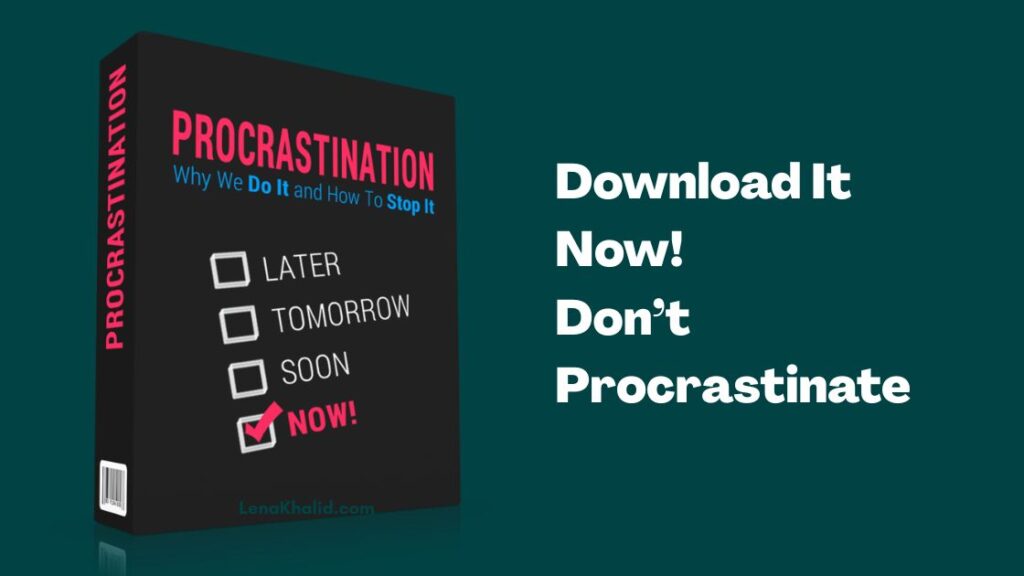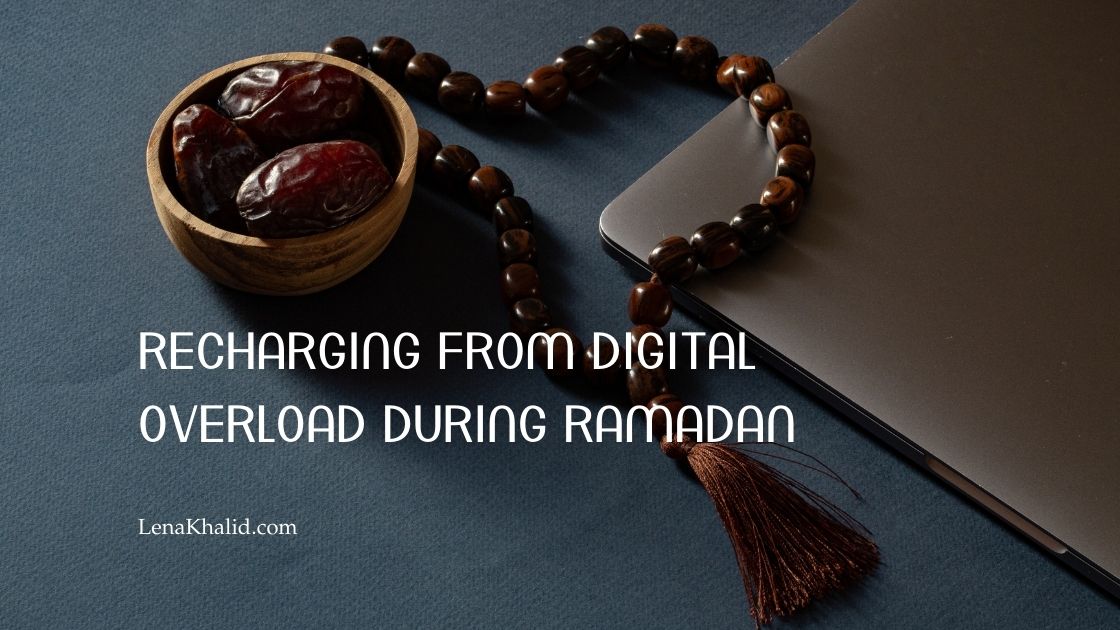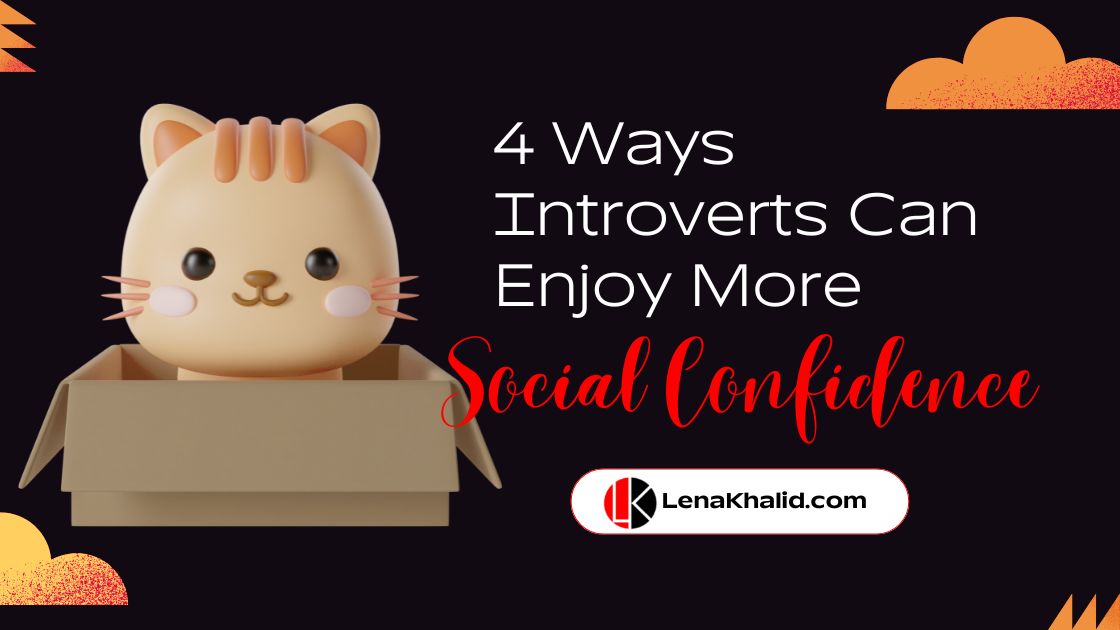
The Truth About Work-Life Balance
Over the years, I have asked everyone from solo freelancers to big-time CEOs how they balance work and the rest of their lives. The conclusion I have drawn from the collective answers is this :
The very concept of work-life balance is misleading.
Not only that, but there’s a fundamental problem with the way the antidotes to overworking and burnout are presented in tidy, bullet-point form.
Nothing wrong with practical advice, but productivity hacks overlook the heart of the problem, which is that for too many ambitious people, success is inversely related to failure in other, “personal” aspects of life.
Of course, it doesn’t have to be this way. My favorite reply so far to the question of how one achieves work-life balance comes from Brittney Castro, the Millennial founder of a Los Angeles-based financial planning firm called Financially Wise Women. In the year I’ve known her, I’ve seen how growth in her business has actually increased her ability to travel and given her time to do more things she loves. Her current goal is to get to the point where she can take month-long sabbaticals several times a year.
“Balance is a weird, abstract concept,” she told me. “The way I interpret it is, sometimes I’m focused on one or two areas in my life more than others, whether that’s for a day, a few months, even a year. But things change; seasons change. So instead of it being a pie chart where I have to give a little bit of my time and energy to everything, every day, I’m learning to better communicate my current focus to people around me. I find that once I stop thinking about the balance, it just happens.”
I think she’s on to something; namely, that work-life balance is far more palatable and sustainable when it isn’t portrayed as a conflict of interest.
British poet David Whyte finds a place in big corporations like Visa, Chanel and Microsoft to lecture on leadership and organizational development. The way he sees it, we all have three lifelong commitments, or “marriages,” as he calls them: to work, to a significant other and to ourselves.
“To neglect any one of the three marriages is to impoverish them all, because they are not actually separate commitments but different expressions of the way each individual belongs to the world,” he wrote in The Three Marriages: Reimagining Work, Self and Relationship. Instead, we should think of it all as one constantly moving “conversation,” an ever-changing back-and-forth that will ultimately, we hope, lead to “a marriage of marriages, a life worth living, and one we can call, despite all the difficulties and imperfections, our very own.”
In pop-entrepreneurial culture, it’s easy to accept, even to admire, extreme relationships with work. Add to the mix a pesky human habit of feeling guilt for shirking to-dos on a never-ending list of self-inflicted responsibilities—and voilà! We’ve achieved the perfect recipe for irresolvable work-life angst.
If entrepreneurship is celebrated as a means of giving people the opportunity to define the kind of life they want to have, how tragic that it comes at the expense of other things worth having.
Perhaps a better way forward is to set aside the struggle for work-life balance and redefine business success with more than monetary measures. Maybe your starting goal is to be profitable and have the freedom to pause meetings and prioritize lunch with a family member. Or your business plan charts a path for a multimillion-dollar company that bakes in time for employees to surf whenever the waves are good. (Suggestions based on true stories, by the way.)
In the first century, Roman philosopher Seneca the Younger doled out this timeless warning: “It is inevitable that life will be not just very short but very miserable for those who acquire by great toil what they must keep by greater toil.”
And nobody wants to be that guy. :p





